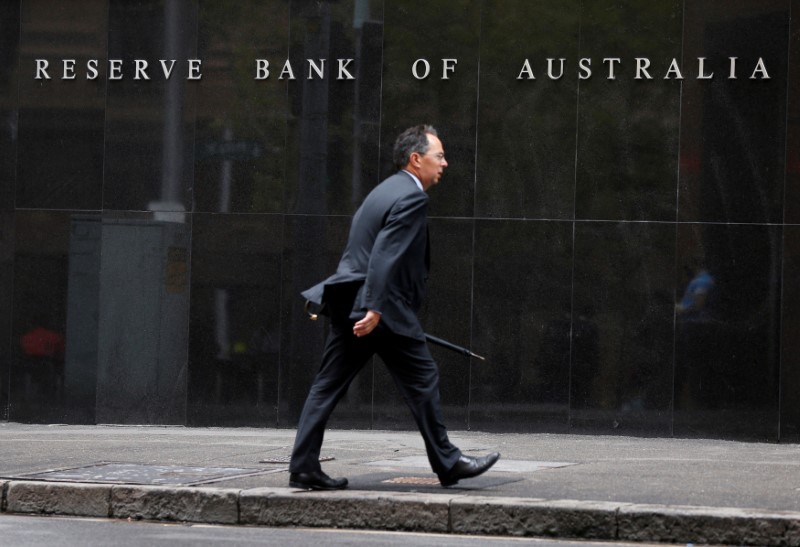Investing.com - The Reserve Bank of Australia (RBA) has projected that around 5% of mortgage borrowers are currently incurring higher expenses on mortgage repayments and essential living costs than their income. According to the bank's recent biannual Financial Stability Review (FSR), this figure could surge above 6% by mid-year if inflation exceeds expectations and interest rates rise by half a percentage point.
However, the RBA anticipates a decline in the proportion of borrowers in "negative cashflow" as inflation continues to drop and interest rates follow suit later this year or early next year. By early 2025, the number of borrowers spending beyond their earnings is expected to fall below December 2023 levels, although around 4% will still be in this situation.
Despite the potential financial stress, the bank anticipates that just over 2% of borrowers will exhaust their financial reserves by the end of 2025 due to the savings accumulated during periods of low interest rates. Even in a "higher-for-longer" scenario, the proportion of borrowers running out of money is expected to stay under 3%.
This situation could potentially affect between 70,000 and 100,000 households who might deplete their cash reserves for mortgage payments by the end of next year, given that there are approximately 3.5 million owner-occupier households with mortgages.
The RBA is careful to clarify that these projections are not indicative of the mortgage default rate, which is expected to be even lower. Borrowers may make other adjustments, sometimes difficult ones, such as increasing their working hours, cutting down on some expenses, or selling their property as a last resort.
Currently, home loans at least 90 days in arrears account for around 0.7% of owner-occupier mortgages, up from a low of approximately 0.5%. The RBA attributes this slight increase to a small but growing number of borrowers who have requested and received temporary hardship arrangements from their lenders.
Unemployment is a significant factor, with over 40% of owner-occupiers on variable-rate loans unable to meet their mortgage and other essential expenses for at least three months if they were to lose their entire household income. The RBA, however, notes that research indicates that mortgage holders are less likely to lose their jobs than those without mortgages.
The RBA also highlights three international risks that could pose challenges for Australia. These risks include further instability in the Chinese property sector, overly optimistic financial markets betting on a soft landing scenario, and the threat of cybercrime and state-sponsored hacking causing extended disruptions to major financial or economic infrastructure
